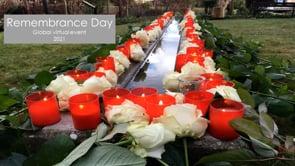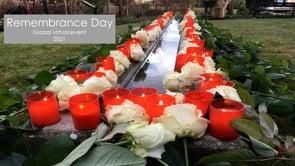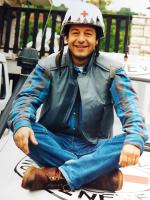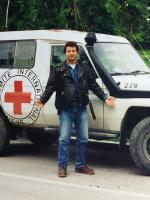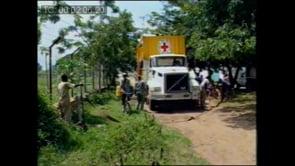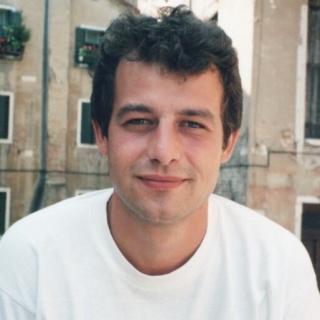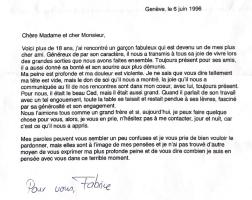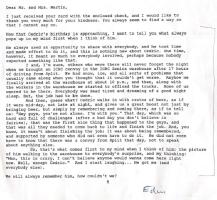Cédric Martin was born on 12 January 1964 in Geneva. Following his secondary studies in his hometown, he earned a Bachelor’s degree in earth sciences from the University of Geneva and a Master’s in oceanography from the University of Bordeaux. He then completed further studies in earth sciences and remote sensing.
From 1985 to 1990, Cédric worked on various short-term projects in Switzerland and the United States. The following year, he embarked on a three-year assistantship at the University of Geneva’s Institute F.-A. Forel, where he gained valuable hands-on experience in geological fieldwork and taught sedimentology and geochemistry to third-year students. An extraordinarily warm and
empathetic individual, Cédric expressed an early interest in humanitarian work. In 1990, he volunteered in Romania and worked with refugees at the Hospice Général in Geneva.
Cédric joined the ICRC in 1994 as a water and sanitation engineer. For his first assignment, from May 1994 to May 1995, he was sent to Zenica, in the former Yugoslavia. His responsibilities included ensuring local water utilities received the chemicals they needed, taking part in water rehabilitation projects, and coordinating the ICRC’s activities with National Societies, other humanitarian organizations and regional epidemiological centres. In mid-1995, Cédric went to Butare, Rwanda, on his second assignment. During that short stint, he oversaw the ICRC’s water and sanitation activities in a local prison; he also provided the water treatment plant with technical support and gave input on a new temporary detention site that was being built to help alleviate overcrowding.
In October 1995, Cédric began his third assignment, heading to Bujumbura, Burundi. This region was the focus of a large-scale relief programme run by the ICRC, and his skills as a water and sanitation engineer were in particular need. On 4 June, 1996, he and two colleagues – Reto Neuenschwander and Juan Ruffino – were killed in a deadly ambush while returning to Bujumbura in a clearly-marked ICRC vehicle. They had been after repairing the water supply in a refugee camp near Mugina.. Cédric was 32 years old.
Cédric successfully combined solid technical skills with a remarkable can-do attitude in his day-to-day work. As it turned out, water wasn’t the only precious resource that Cédric helped bring to those in need: thanks to his generosity, kindness and humour, he also restored a sense of hope.
